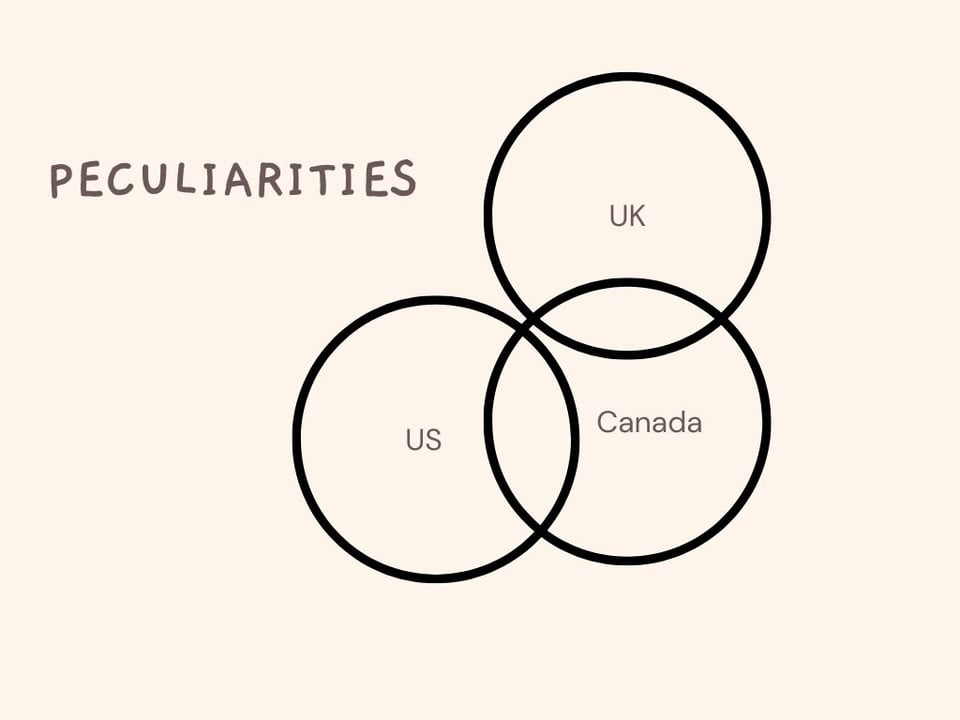I've just sent the copy-edited file of The Tapestry of Time back to my publisher, along with a form giving some information for the audiobook narrators. The book comes out in September. The next step is page proofs (and I should see cover art soon!)
My acquiring/developmental editor and I finished with the big picture stuff in December, and then the manuscript was passed to another editor for the copy edit, which covers grammatical and style issues line by line, clarifications and fact checks, as well as continuity and timeline snarls. This book has an intricate plot that weaves through very well documented history, and it went through revisions that moved around the events of the story. In the end, I'm pleased there were only a few small things that needed to be fixed. I'm always very grateful for the careful work of copy editors!
Authors do get some time (typically two weeks or so) to go over the copy edit to approve or reject changes, or address any queries. While I try not to reject a change out of sheer stubbornness, authors may choose not to take a copy editor's suggestion.
One of the things that my copy editor was checking for was British English, for two reasons: this book is coming out from a UK publisher, and it's written in the points of view of British people. It's very seldom I've been able to write any fiction in Canadian English, with the notable exception of short stories in Canadian magazines. The Venn diagram for how these three forms of English usually interact kind of looks like this (if I oversimplify to show what I mean):

(Obviously, that diagram does not take into account all the many other Englishes of the world. It's just to illustrate the patterns that crop up for me with those countries.)
It always makes me smile that many UK editors will flag my Canadian differences "changed because that's American" while many US editors will flag my Canadian differences with "changed because that's British." Nope, it's a secret third thing!
All the same, for this book, we did have to comb through it to make sure no non-British constructions slipped through. Even though half of my family came to Canada from Britain quite recently, I don't tend to notice my Canadian peculiarities unless I think about them deliberately, which I tend not to do while I'm drafting and thinking about theme and plot and character and musicality and all the rest of it. And I continue to learn about differences or nuances all the time. Sometimes I'll think myself clever for using "gaol" or "flat", only to have a British editor change it to "jail" and "apartment."
So for fun, here are a few of the cases that tripped me up in this book, and were caught by either my developmental or copy editor. In some cases, I remembered it sometimes but slipped up other times. In some cases, I knew the rule but forgot to apply it. And in some cases, I learned something new. In some cases, either version is acceptable, but one is more common in British English or my publisher's house style.
inquiry > enquiry (This was a tough call because it was in dialogue spoken by a Canadian character, but I accepted the change because enquiry is allowable in Canadian English, just less common.)
program > programme
come see > come and see
out the window > out of the window (This one is sometimes changed by some US editors, too, so the map of where this changes seems to be somewhat complex.)
diaper > nappy
exhibit > exhibition
fit > fitted
fetal > foetal
leaped > leapt
dollhouse > doll's house (I was so proud of myself for carefully adding "s'" on my own, but then my CE changed from dolls' house to doll's house.)
disorienting > disorientating (Ugh. Sorry, British friends, but this is just hideous.)
toward > towards (same with onwards, backwards, westwards, leftward, etc, but forward is OK.)
write them > write to them
feeling badly > feeling bad (British people can feel poorly, but not badly; North Americans can feel badly, but not poorly.)
phony > phoney (This one I remembered on my own, but it's in an addition that hasn't been proofread yet, so we'll see!)
bring > take or vice versa (Many internet grammarians think that bring vs. take is an issue of laziness or "mistakes", rather than dialect, but I would say that my Manitoba English does have its own consistent logic for when to use which one; that logic does not match a lot of style guides, though.)
It didn't appear in this book, but the one that caught me by surprise in The Embroidered Book was oarlock > rowlock.
*
In other news, if you'd like to check out the CBC All in Day Book Club discussion of The Valkyrie, I've collected the segments that aired on the radio.
And if you're in Ottawa, please do come to the Ottawa Bagelshop and Deli on Sunday March 24 at 2 p.m., where I'll be reading from Assassin's Creed: The Resurrection Plot, and I'll have books for sale.
You just read issue #7 of Kate Heartfield's Newsletter. You can also browse the full archives of this newsletter.
